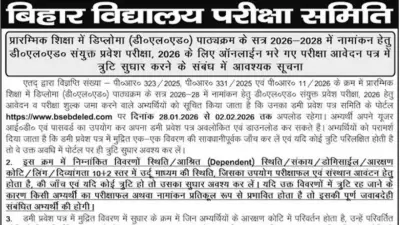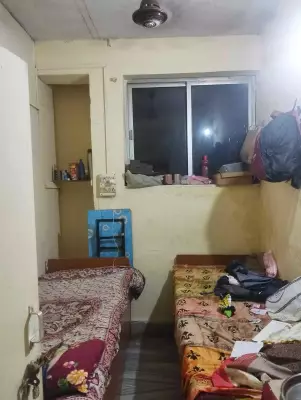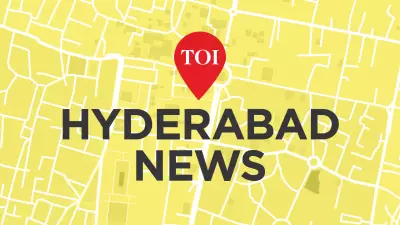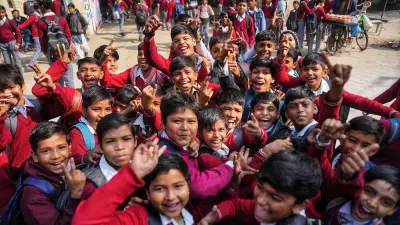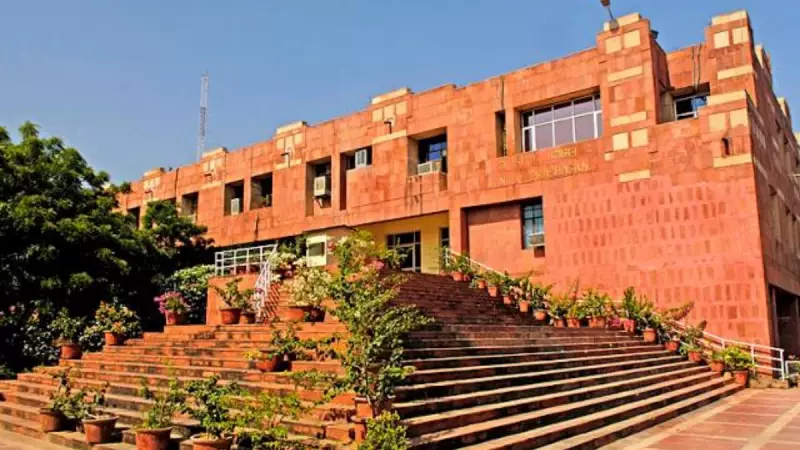
The political temperature at Jawaharlal Nehru University is rising as student organizations have officially declared their candidates for the much-anticipated JNUSU elections scheduled for November 4, 2025. The stage is set for a dramatic showdown between the Akhil Bharatiya Vidyarthi Parishad (ABVP) and the Left-leaning student alliance.
Key Contenders Emerge in Campus Political Battle
Both major political blocs have finalized their candidate lists, setting the scene for what promises to be one of the most closely watched campus elections this year. The announcements came after intense internal discussions and strategic planning sessions within both camps.
Left Alliance Strengthens Position
The Left-affiliated student groups, known for their strong historical presence in JNU politics, have put forward a carefully curated slate of candidates. Their selection process focused on identifying individuals who can effectively represent diverse student interests while maintaining the alliance's core ideological stance.
ABVP's Strategic Moves
Meanwhile, the ABVP has announced its own roster of candidates, signaling its determination to make significant inroads in the upcoming elections. The organization has been actively campaigning and mobilizing support across various departments and hostels.
Election Timeline and Campaign Dynamics
With polling day fixed for November 4, student organizations now have limited time to campaign and connect with the electorate. The coming weeks will see:
- Intensive door-to-door campaigning in hostels
- Department-wise meetings and interactions
- Public debates and discussion forums
- Social media outreach campaigns
What's at Stake for Student Politics
The JNUSU elections have traditionally served as a barometer for campus political trends across India. This year's contest is particularly significant as it comes amid ongoing debates about educational policies, campus infrastructure, and student welfare measures.
Both alliances are expected to focus their campaigns on pressing student issues including hostel accommodation, scholarship disbursements, academic resources, and campus security. The election results will determine the student leadership that will represent JNU's diverse student community for the 2025-26 academic year.
As the election date approaches, all eyes will be on JNU to see which political direction the student body chooses and what implications this might have for broader student movements in the country.

